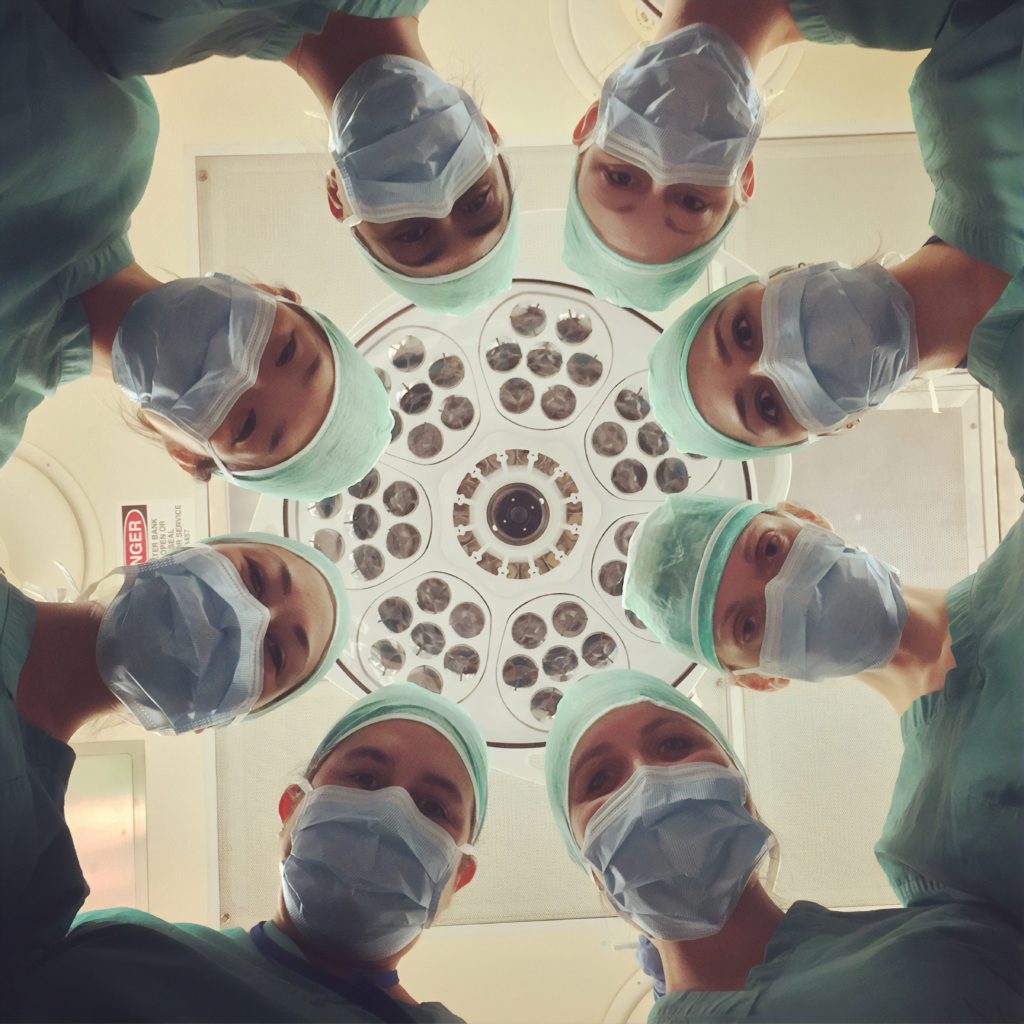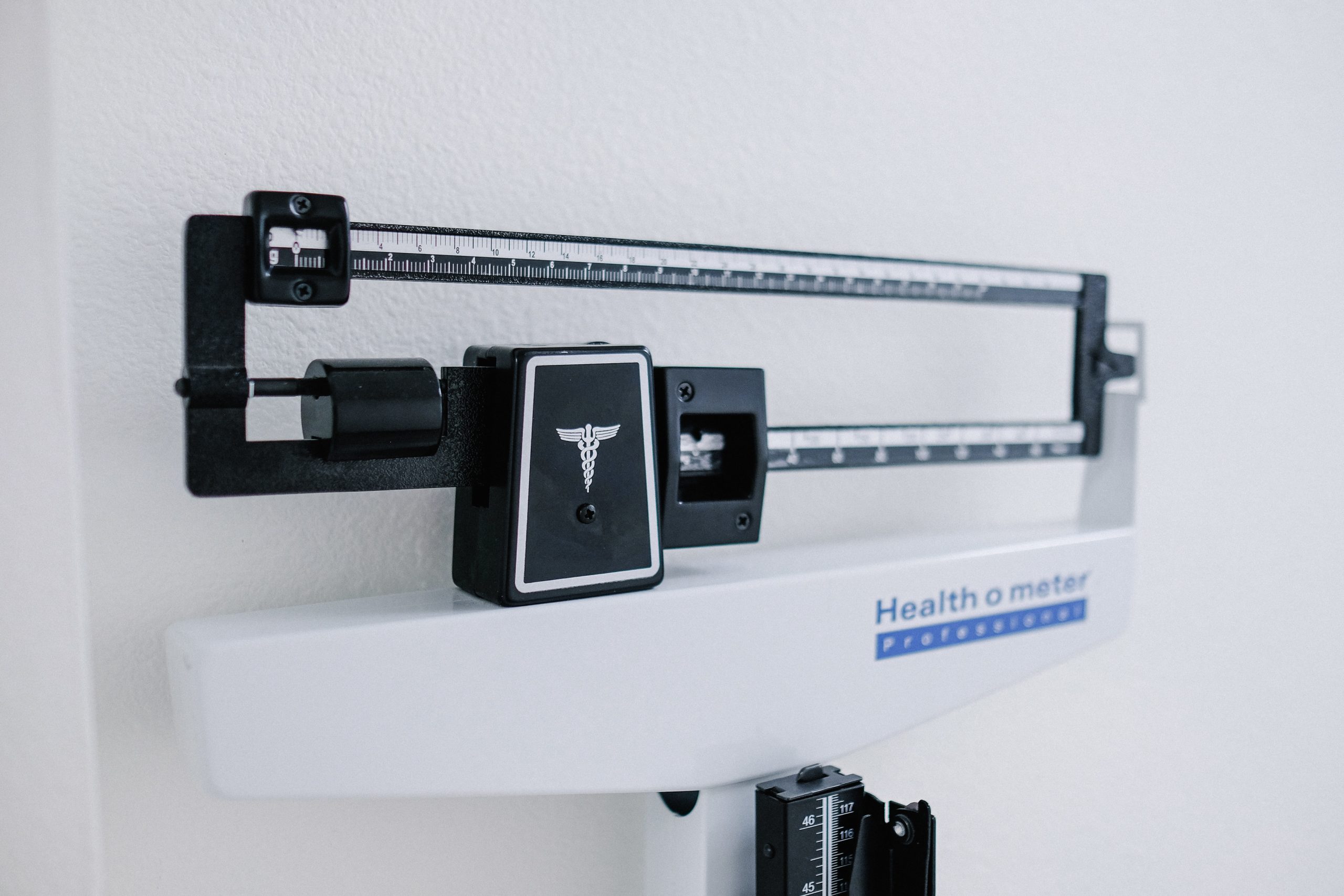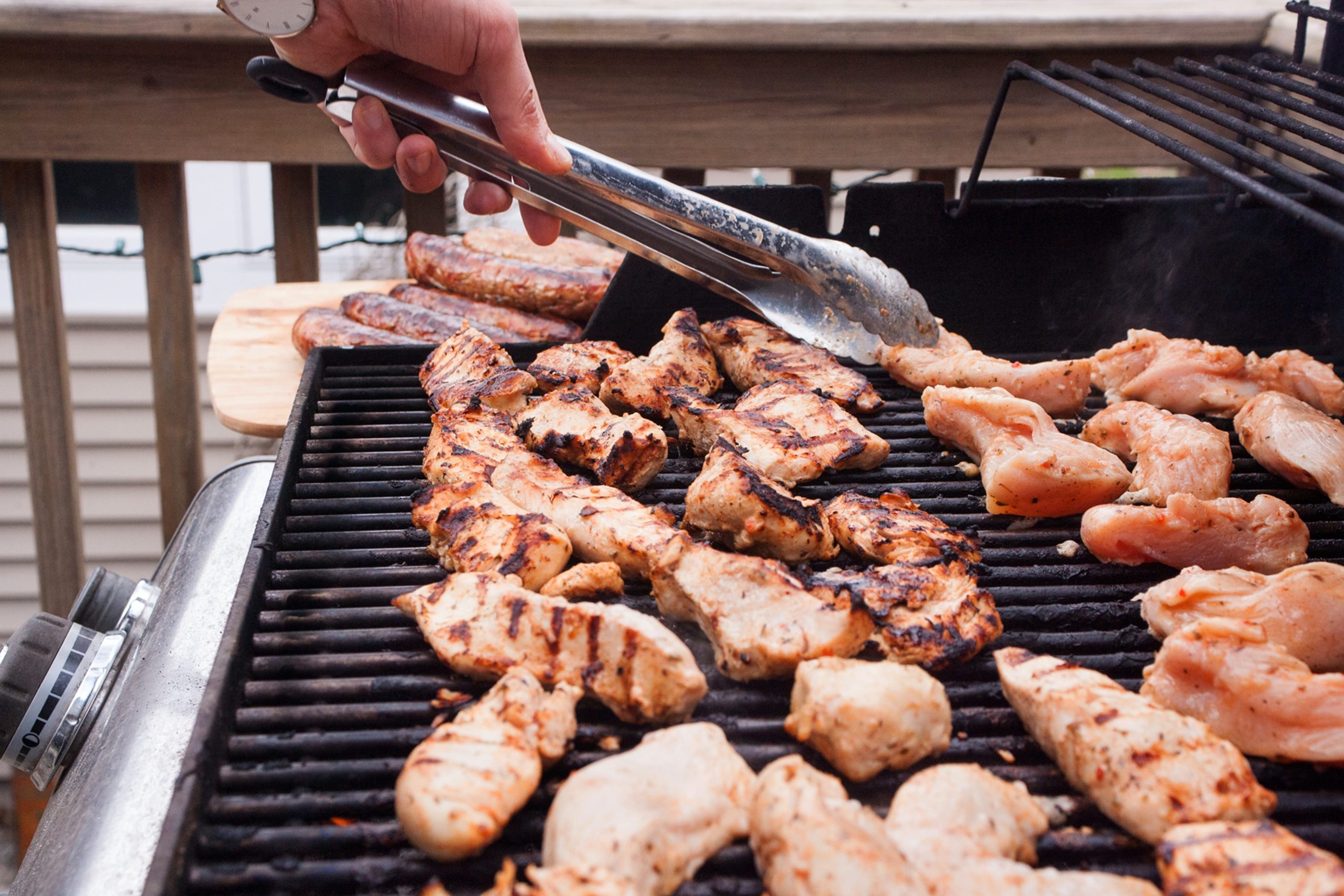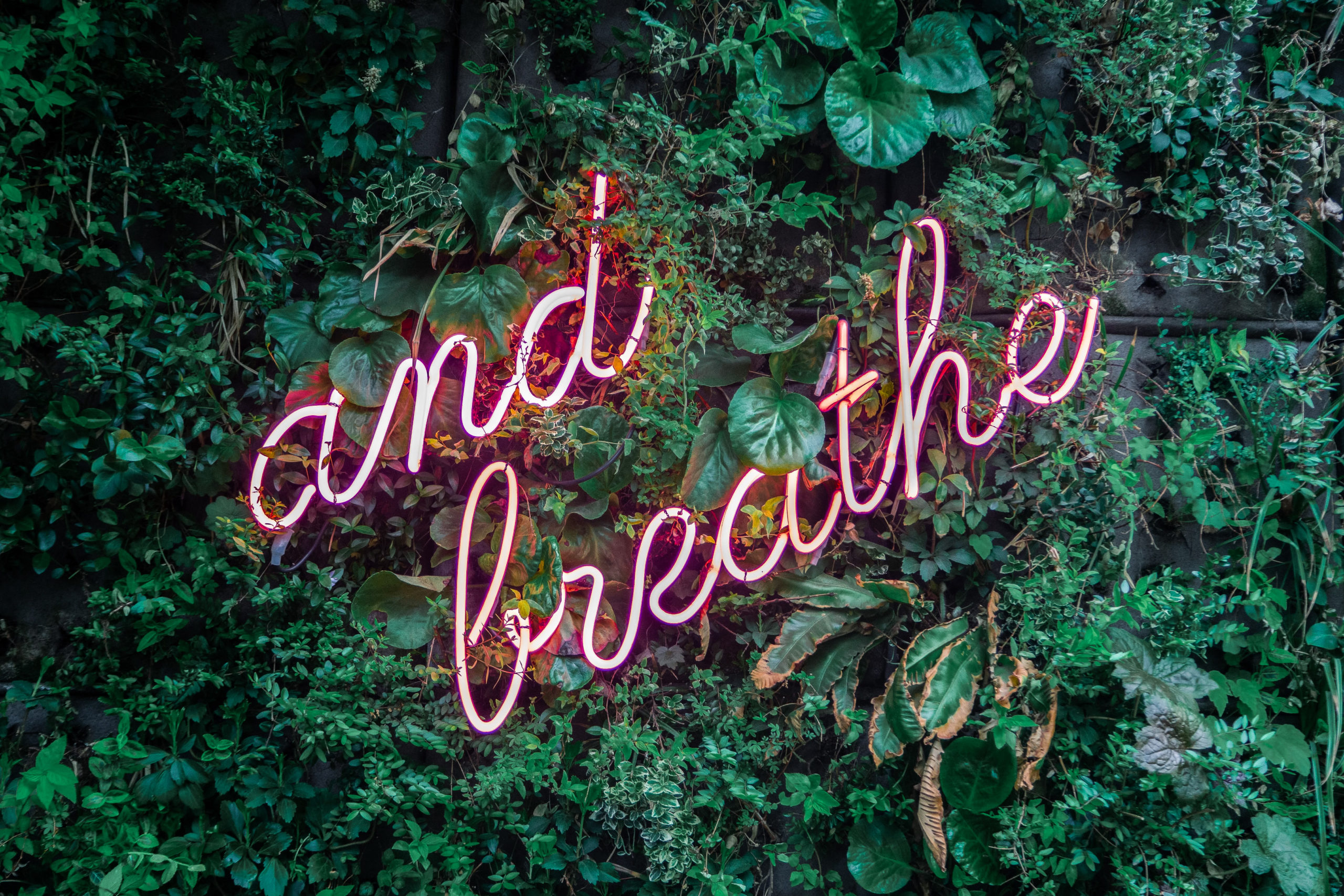
What Med School didn’t teach your doctor may hurt you. I was reminded of this yesterday when I had to go to the hospital (don’t worry, I’m okay).
I needed a certain shot on a tight timeline and my GP wasn’t able to get it for me. He explained I’d have to pick up a prescription at CVS and bring it in and, only then, could he administer the shot.
How bizarre, I thought. But it wasn’t the most bizarre thing that’s happened to me while navigating the medical jungle, so I proceeded to follow his instructions.
After two weeks and a litany of phone calls (to the doctor’s office, insurance, the pharmacy), I was told the only way for me to get the shot was to go to the hospital.
You know what it’s like. You’ve been through it before.
A long wait in the hospital lobby with no sense of when you’ll be seen.
Eventually someone calls your name (or something close to it) and you follow in silence as they guide you through the maze of stark hallways. You’re thinking, I’ll never find my way back out.
You get passed off to a nurse or a student or a physician’s assistant–you’re not sure which–and no one introduces themself.
You’re handed a plastic cup and asked for a urine sample before you’ve even made eye contact. So you go to the bathroom and pee in the cup, but no one ever tells you why (or what they’re doing with all that pee they collect).
I’m just here for a shot, you think.
Some eager, but frazzled nurses wire you up like you’re a surround sound system from 1998. Everything’s being monitored: your heart rate, your blood pressure, your temperature. But you’re not even sick. You just need this one shot.
Next: some blood tests. Even though the same tests were run just two weeks ago when this whole saga began. But something something something about paperwork. So, they’ve gotta pierce your vein and drain more blood.
Then, after 3 hours pass and you sufficiently feel like a lab rat, you finally get that thing you came in for. That thing all parties agreed was the thing you were coming in for before you ever came in. You’re almost eager for the prick in the hip and the sting that radiates. It’s a sign you’ll get to leave soon.
It’s not that the staff wasn’t pleasant (they ranged from courteous robots to actual empathetic humans), but the whole experience still sucked.
The fluorescent lights drained me as much as the needles did.
One well-intentioned nurse brought me a tray of dinner at the tail end of my visit. But I had no plans of sticking around.
I glanced at the order form anyway:
Gilkeson, Michelle-Marie
Diet: Regular***
2 pkt Sugar Packet
2 pkt Salt Packet
2 pkt Pepper Packet
4 oz Meat Loaf
1/2 c Mashed Potatoes
1/2 c Broccoli
2 oz Gravy, Brown
1 c Tossed Green Salad
2 pkt Italian Drsg Packet
1/2 c Peaches Slices
1 c Decaf Hot Tea
1 each Reduced Fat Milk,8oz
(***No one asked me about my diet, btw)
I lifted the mauve plastic dome that covered the plate to reveal a gray form of meatloaf slathered with gravy. It was the gravy of cartoons, impossibly shiny.
When I eat, I eat for pleasure, for nutritional sustenance, or both.
My favorite meals achieve two things: they’re delicious and I know they’re doing great things for my body.
Some pleasurable meals may impact my body in less than ideal ways, but I decide the experience is worth it for the other ways they benefit me (like connection to others or trying something new). I know that I’m in control of the balance I create in my diet and I don’t need to stress about every ingredient or nutritional element of every food that passes my lips.
This hospital meal would fall into the category of food I try to avoid at all costs. Food that I hate eating, that I know will make me feel like crap (hello, iodized salt!).
My sweet-as-can-be nurse was confused and disappointed when I turned down the free food (fortunately I’d packed a snack). “Don’t you want to at least take the peaches with you?” She held out a plastic cup of Dole peaches in “juice.”
The whole thing reminded me of a simple fact:
Your doctor is not a nutritionist.
No nutritionist (and certainly no lover of eating) would sign off on the tray they put in front of me.
If doctors were nutrition experts, they wouldn’t tolerate a system that serves this kind of food to patients trying to become well.
Doctors serve an incredibly important role. I don’t want to diminish that at all. But they’re not the one-stop-shop for all health guidances. We love to imagine they are–it’d be so much easier!
But typical doctors are in the business of keeping you from dying, not helping you thrive.
The truth is: 80% of doctors graduate with NO nutrition education requirements.
Most of them miss the nuances that we can unpack when taking a holistic view (looking at you as a whole person, including your motivations, thoughts, and habits).
On a recent check up, my GP told me about a new dietary theory he read about on Facebook. As he described it, I realized I’d seen that meme circulating online, too. Let’s not leave our wellness plans and health outcomes up to Internet memes. Deal?
We have to be our own knowledgable advocates. This might begin with building a relationship with a trusted specialist who sees you as an individual. This person might be one piece of your team of diverse practitioners with various skills and know-how.
Keep seeing your doctor. But understand that their grasp of nutrition is often limited and there isn’t a requirement that they update their knowledge over their decades-long career.
xo, Michelle-Marie
now it’s your turn!
Got doctor stories you want to share? Don’t keep your stories to yourself. Good, bad, or somewhere in between, I think it’s useful to talk about the medical landscape. Drop a comment below!
references
never miss a post
Get a head’s up whenever I write about nutrition and wellness culture. Subscribe to We Get To Be Well Mail here.



+ show Comments
- Hide Comments
add a comment